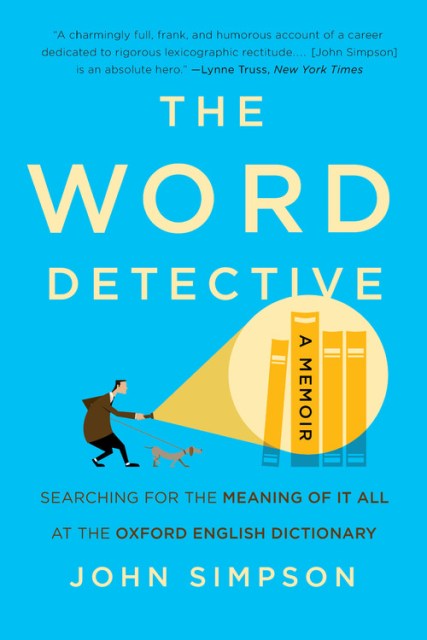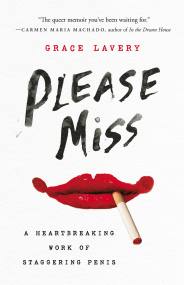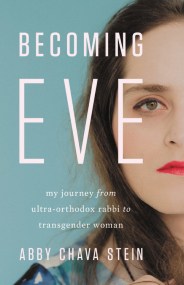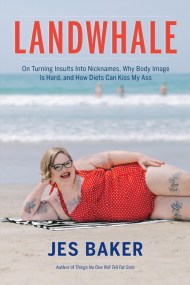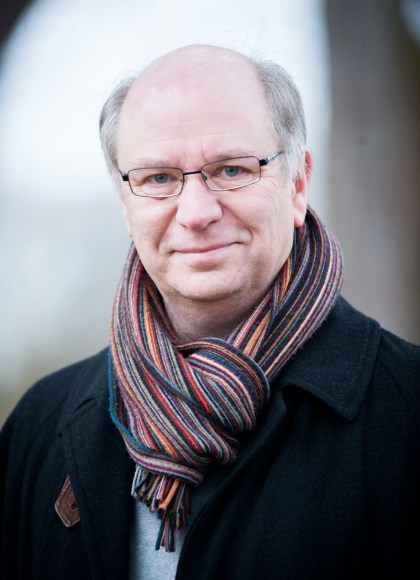By clicking “Accept,” you agree to the use of cookies and similar technologies on your device as set forth in our Cookie Policy and our Privacy Policy. Please note that certain cookies are essential for this website to function properly and do not require user consent to be deployed.
The Word Detective
Searching for the Meaning of It All at the Oxford English Dictionary
Contributors
By John Simpson
Formats and Prices
- On Sale
- Oct 17, 2017
- Page Count
- 400 pages
- Publisher
- Basic Books
- ISBN-13
- 9781541697218
Price
$16.99Price
$22.49 CADFormat
Format:
- Trade Paperback $16.99 $22.49 CAD
- ebook $18.99 $15.99 CAD
This item is a preorder. Your payment method will be charged immediately, and the product is expected to ship on or around October 17, 2017. This date is subject to change due to shipping delays beyond our control.
Buy from Other Retailers:
The answers to all of these questions — and a great many more — can be found in the pages of the Oxford English Dictionary, the definitive record of the English language. And there is no better guide to the dictionary’s many wonderments than the former chief editor of the OED, John Simpson. Simpson spent almost four decades of his life immersed in the intricacies of our language, and guides us through its history with charmingly laconic wit. In The Word Detective, an intensely personal memoir and a joyful celebration of English, he weaves a story of how words come into being (and sometimes disappear), how culture shapes the language we use, and how technology has transformed not only the way we speak and write but also how words are made.
Throughout, he enlivens his narrative with lively excavations and investigations of individual words — from deadline to online and back to 101 (yes, it’s a word) — all the while reminding us that the seemingly mundane words (can you name the four different meanings of ma?) are often the most interesting ones. But Simpson also reminds us of the limitations of language: spending his days in the OED‘s house of words, his family at home is forced to confront the challenges of wordlessness.
A brilliant and deeply humane expedition through the world of words, The Word Detective will delight and inspire any lover of language.
-
"Compellingly captures words in all their weirdness and wonder.... The book becomes a moving celebration both of language and of a love that transcends it."Observer (UK)
-
"Delightful...a fitting companion to Elisabeth Murray's Caught in the Web of Words and Simon Winchester's The Professor and the Madman."Providence Journal
-
"Well, I doubt there has ever been a better account of how a person with a capacious brain sits down with a cup of tea and a pile of cards and sets about creating authoritative definitions."Lynne Truss, New York Times
-
New York Times' Paperback Row
"A former chief editor of the dictionary, Simpson reflects on nearly four decades as a gatekeeper of the English language. Along the way, he offers insight into how words come into being and a look at origins of a scattering of words: inkling, deadline, apprenticeship, balderdash."
-
"The memoir of a lexicographer doesn't sound like an enticing prospect (Johnson's famous definition of lexicographer: a harmless drudge that busies himself in tracing the original, and detailing the signification of words'), but Mr. Simpson pulls it off.... An engaging memoir."Wall Street Journal
-
"Although Simpson reports in detail on the practical, finicky business of augmenting and improving the OED, the human condition is always in view.... A sustained and sincere reflection on what it means to make a dictionary--the toil, the puzzles, the costs and the profits."Henry Hitchings, Guardian (UK)
-
"The book is compulsively readable, especially about the work of the dictionary compiler and the qualifications, or rather the skills, required to become one. I could quote reams of Simpson's well-wrought prose."Oxford Times
-
"The best book yet to reveal what a lifetime spent with words is really like."Erin McKean, 20x20
Newsletter Signup
By clicking ‘Sign Up,’ I acknowledge that I have read and agree to Hachette Book Group’s Privacy Policy and Terms of Use
